How does sport help people who have dementia?
- Published
Malcolm Watt was a pro tennis player before being diagnosed with dementia aged 42
Malcolm Watt is 47. He is a former Scottish number one tennis player, who once beat Pat Cash.
In the past five years, he has lost most of his ability to communicate and can no longer look after himself. But he still plays tennis like a pro.
George is maybe 40 years older than Malcolm - he can't remember precisely. He used to be a motor mechanic. He thinks he has grandchildren, although he can't say for sure. He struggles to remember his wife's name. Mention the Lisbon Lions though, and he sparks into life.
Both men have dementia, an incurable disease. But both are being helped by the power of sport.
On a glorious sunlit day in the elegant surroundings of Kelvinside in Glasgow, Watt is hitting balls with his old friend Ian Campbell, the head tennis coach at Western Health and Racquets Club.
Powerful forehand from the baseline, elegant backhand, skimming low over the net, finding the corners of the court; watching him, you would never imagine there was anything the matter with Watt.
He won tournaments in Scotland from the age of 12, was sponsored by British Airways and Pringle, and once held match point against one of his heroes, Vitas Gerulaitis. The victory over Cash was in an exhibition doubles game, but not many people can boast of beating a Wimbledon champion. As a veteran on the ITF Tour, he was ranked just outside the top 50 seniors.
Five years ago, though, Watt was diagnosed with frontal lobe (or frontotemporal) dementia., external It is a relatively uncommon form of the disease, which affects language, thinking and behaviour, often in younger people.
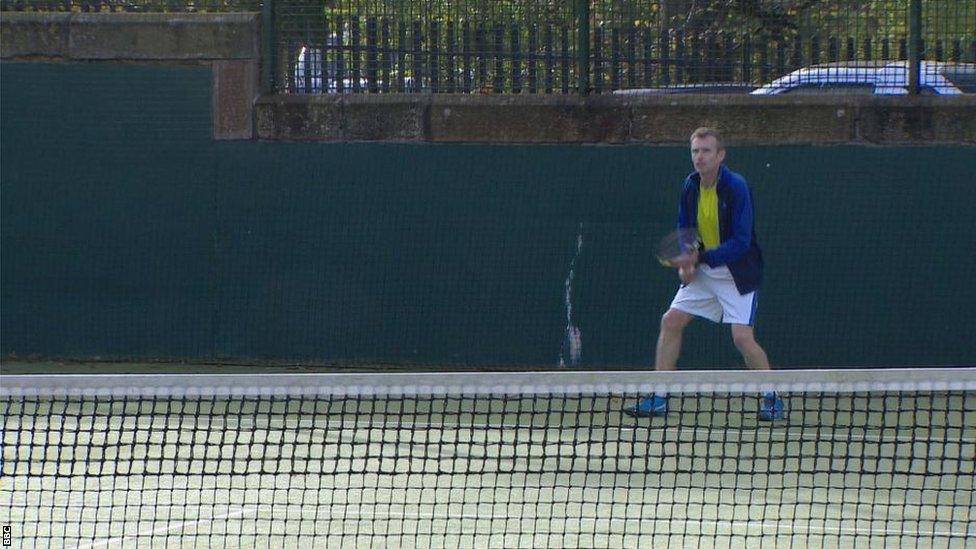
On court, Malcolm displays much of his former personality
In hindsight, his father Tommy realises the signs were there for a number of years.
"I'd speak to him on the phone and suddenly he'd talk about something entirely different, but it never crossed my mind to get it checked out. He was coaching a player at Newlands Tennis Club, who became concerned that Malcolm wasn't well; I went to Newlands and said to Malcolm: 'Let's go home'."
Malcolm was married at the time with a young son, but his relationship broke down and now he lives with his parents in the Argyll town of Helensburgh.
In the house he is constantly restless and agitated. His father has taken to locking the fridge door as Malcolm cannot remember if he has just had a meal so tends to empty the shelves if allowed. But on a tennis court, part of the old Malcolm returns.
"By and large, it's him - normal Malky Watt," says coach and hitting partner Ian Campbell. "He still has all the quirks tennis players have. He's still a moany git, in the nicest possible way; a perfectionist. He has high standards - if he misses, he gets annoyed and will throw a racquet.
"He always had a great sense of humour and he can still occasionally laugh at himself. When I hear about the stuff going on off the court, it's hard to believe."
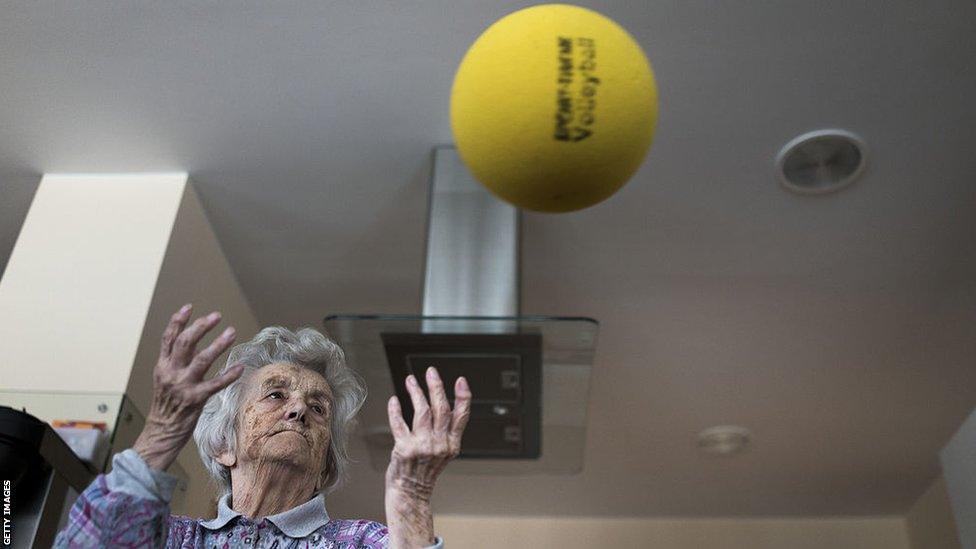
Sport activity - as well as memories - can have a positive effect on dementia sufferers
Over to the east of Glasgow, in a community centre in the town of Bellshill, a group of elderly men have gathered for their regular Friday morning meeting.
Football shirts are draped around the echoing hall, football programmes arranged on tables, photos pinned to the walls of football legends of the past: Denis Law, George Best, and local hero Sir Matt Busby.
Most of the men have dementia and many spend hours at home in a chair in front of the TV. So these regular Friday sessions, organised by the Sporting Memories Network,, external are a highlight of their week.
The first hour is all about reminiscence. The men come alive as they recollect great sporting days of the past, and within minutes the room is full of laughter.
Banter flies between the different Glaswegian football tribes. Group leader Norrie Gallagher goes around the table asking for a favourite colour - blue for Rangers, green and white for Celtic, claret and amber for Motherwell.
Celtic fan George has been sitting quietly, awaiting his turn. He pauses for a beat, then says, with a cheeky smile: "Tartan."
Reminiscence, through music, family photos or other familiar objects, is a well used tool for those working with dementia patients, whose short-term memory might be failing them.
But older men are traditionally harder to reach, and the sessions run by Sporting Memories Network bridge that gap, according to Gallagher.
"The magic of sport draws them in. When you say, we're here to talk sport, they'll give that a chance," he said.
"It's like their experiences of men together in the workplace, in the golf club, in the pub, that kind of camaraderie and banter, they rediscover it here. It gives them the confidence to start talking about other things, and developing friendships and new relationships.
"Often I've had this conversation with their wives; they find it hard to believe the person I'm describing is the person who lives in the house with them," he added.
"A year ago, the wives were in for a meeting in another part of the hall, and they saw their men going for their tea, laughing and joking. One of the women got very upset - she said: 'It's years since I've seen him laughing and smiling.' It was very poignant."
More stories on BBC Sport |
|---|
If part one of the session is about talking, part two is about doing.
Carpet bowls, indoor curling, football penalty practice - you can sense that each man wants to beat his friends.
"It really brings out the competitive edge," Gallagher said. "It makes them feel as if they're succeeding. They have the confidence to take risks - in the wider world they're judged, every error they make is magnified. A lot of them feel their time has passed, but we create an environment where they can rediscover their interests and talents."
Recent research has shown that physical activity not only improves the mood and wellbeing of people with dementia, but can actually improve memory and slow down mental decline.
"Most people with dementia remember the distant past more clearly than recent events, so talking about past sports events can be really beneficial, reviving positive memories and providing a focal point for conversation," Alzheimer's Society director of operations Kathryn Smith told the BBC.
"Reminiscing around things like photos from yesteryear, handling an old cricket ball, footage from momentous occasions like the 1966 World Cup final or even the smell of Bovril and meat pies can be enough to get people with dementia talking about their past.
"Regular physical activity as part of a healthy lifestyle can keep the brain healthy as we age."
Back on Kelvinside, Malcolm Watt's tennis session is over for another day. For an hour, his parents have had a brief respite from the cruel reality of his condition. It is not a cure, but sport is a vital therapy, although finding carers young enough to keep up with his super-fit son is a challenge.
Tommy Watt would love Malcolm to be examined further to find out if other younger sufferers can learn from his very rare case. So far, interest from the medical profession has not been forthcoming.
Tommy has a simple answer to the question of what life would be like if Malcolm could not play tennis any more: "Impossible."
Listen to Dementia and the Power of Sport on the BBC Radio 5 live website.
- Published19 May 2016
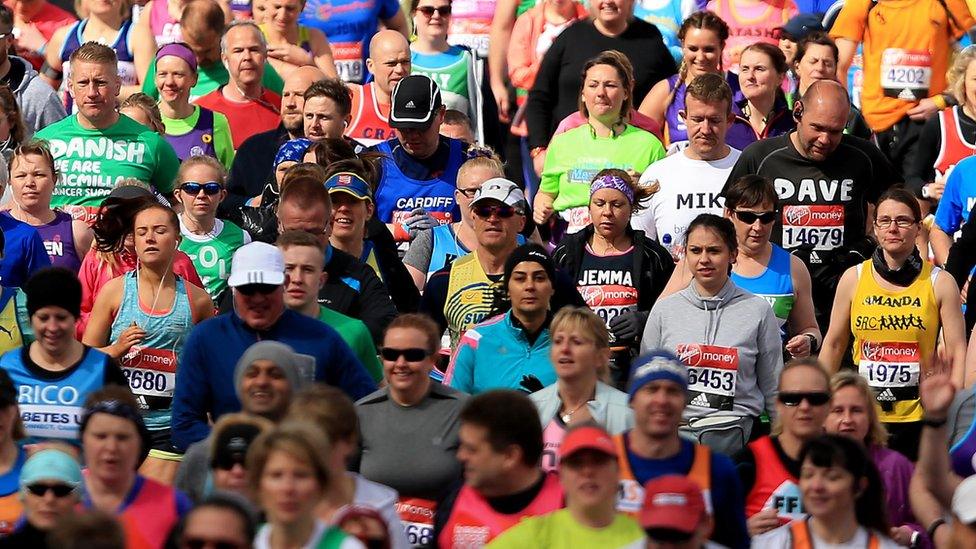
- Published19 May 2016

- Published15 May 2018
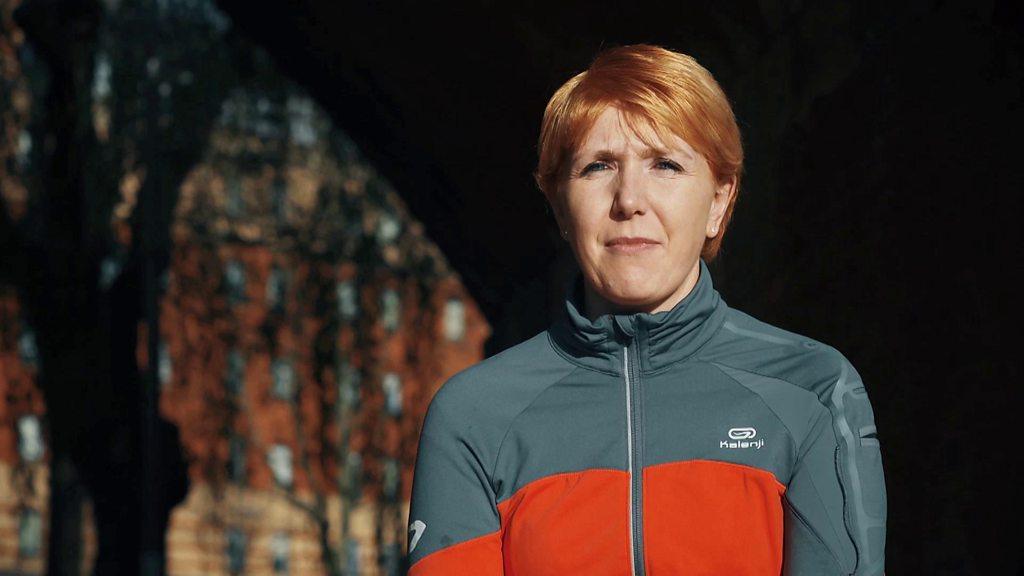
- Published20 June 2016

- Published15 May 2018
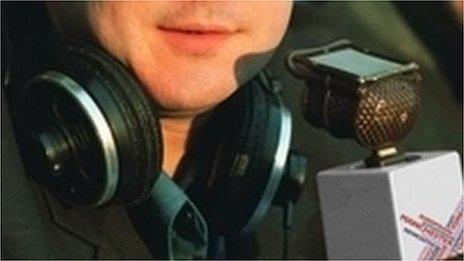
- Published14 September 2016

- Published19 July 2016
